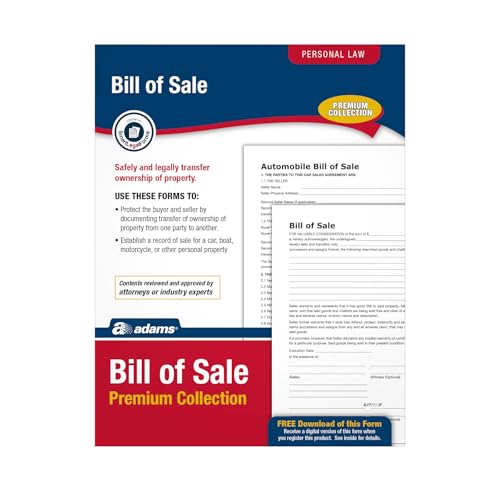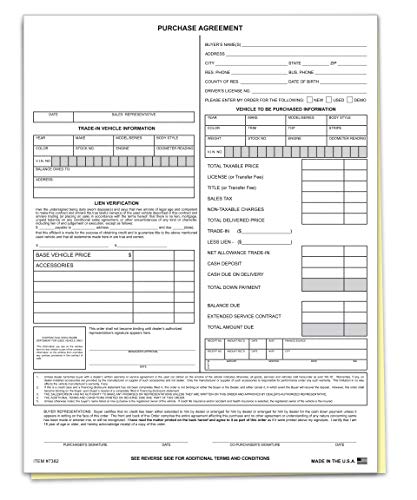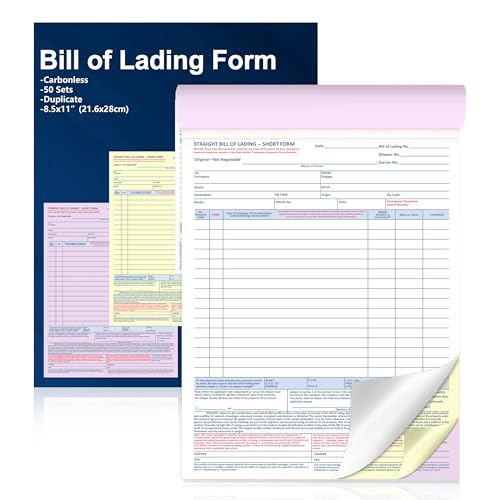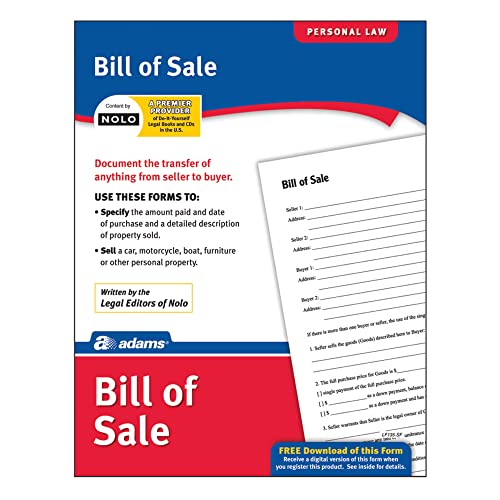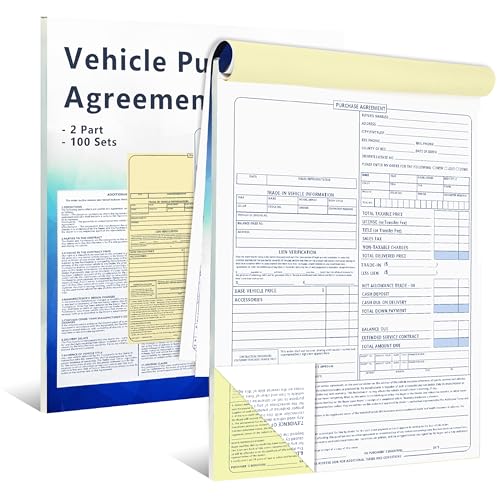Figuring out how to avoid paying sales tax on a used car can feel like navigating a maze, but it’s a puzzle with a very real financial reward at the end. With tax rates varying wildly from state to state, the amount you owe can add hundreds or even thousands of dollars to your purchase. This guide unpacks the proven, legal strategies and critical details you need to know.
While completely avoiding sales tax is rare unless you live in specific states or qualify for an exemption, you can legally minimize or eliminate the tax by leveraging trade-in credits, qualifying for specific state exemptions like family transfers, or residing in one of the five states with no vehicle sales tax.
Leveraging extensive analysis of state-specific rules and common scenarios, this guide will walk you through five legal pathways to reduce your tax burden. We’ll explore everything from state exemptions and trade-in tactics to the one critical rule about out-of-state purchases that everyone must know. This guide unpacks proven approaches and critical insights to help you effectively navigate how to avoid paying sales tax on a used car.
Key Facts
- Tax Varies Widely by State: Vehicle sales tax is a state or local tax that generally ranges from 3% to over 9% of the car’s purchase price, as seen in places like Los Angeles where the combined rate is 9.5%.
- Five States Have No Vehicle Sales Tax: The most direct way to avoid this tax is to be a resident of Alaska, Delaware, Montana, New Hampshire, or Oregon, as these states do not levy a statewide sales tax on vehicles.
- Registration is Key, Not Purchase Location: You almost always pay sales tax in the state where you register the vehicle, not where you buy it, a critical fact for anyone considering an out-of-state purchase.
- Trade-Ins Lower Your Tax Bill: In most states, the value of your trade-in vehicle is subtracted from the purchase price of the new car, and you only pay sales tax on the remaining difference.
- Exemptions Are Common: Many states offer sales tax exemptions for specific situations, with the most frequent being for vehicles transferred between immediate family members or given as a genuine gift.
Understanding Used Car Sales Tax: The Basics You Need to Know
Sales tax on used cars is a state or local tax from 3% to over 9% of the purchase price, paid either to the dealer or the DMV during registration. Understanding the fundamentals of how this tax works is the first step toward legally minimizing what you owe. When you buy a used car, this tax is a significant part of the final cost, and it’s used to fund essential government services in your community. How and when you pay this tax depends on who you buy the car from.
The process and amount can differ significantly based on your location and the specifics of the sale. Here are the core concepts you need to grasp:
- Dealership vs. Private Seller: If you purchase from a dealership, the sales tax is typically calculated and collected at the point of sale. For a private party sale, you are responsible for paying the tax directly to your state’s Department of Motor Vehicles (DMV) or equivalent agency when you go to transfer the title and register the car.
- Tax Varies by Location: The tax rate is not universal. It’s set at the state and sometimes local level. Quick Fact: In Los Angeles, CA, the combined sales tax is 9.5%, while Michigan’s is a flat 6%. This shows how much location matters!
- Tax Basis: The tax is calculated as a percentage of the vehicle’s taxable price. Usually, this is the final purchase price you paid. However, to combat fraud, some states like Texas use a “Standard Presumptive Value (SPV).” If you report a sale price that’s significantly lower than the vehicle’s certified appraised value, the state will charge tax on the higher of the two figures.
1. Reside in a State With No Vehicle Sales Tax
The simplest legal way to avoid sales tax is to be a resident of and register your car in Alaska, Delaware, Montana, New Hampshire, or Oregon. Thinking of a road trip to a tax-free state to buy your next car? Here’s the one crucial rule you must know first. If you are a legal resident of one of these states, you can purchase a used car anywhere in the country and not pay sales tax when you register it back home.
As of 2026, the following states do not have a statewide sales tax on vehicle purchases:
- Alaska
- Delaware
- Montana
- New Hampshire
- Oregon
In addition to these five states, Washington, D.C., also does not charge a sales tax on vehicle purchases. This is the most straightforward method, but it is entirely dependent on your legal place of residence.
CRITICAL WARNING: This strategy only works if you are a legitimate resident of one of these tax-free states. States are very wise to tax avoidance schemes and have strict residency requirements. Attempting to claim residency falsely can lead to significant penalties, fines, and charges for tax evasion.
The Critical Rule: Registration vs. Purchase Location
You will almost always pay sales tax in the state where you register the vehicle, not where you buy it. This is the single most important concept to understand when considering an out-of-state purchase. Many buyers mistakenly believe they can drive to Oregon, buy a car, and take it back to California tax-free.
This is not the case. When that California resident goes to their local DMV to register their newly purchased car, California will assess its own use tax, which is equivalent to its sales tax. Your home state wants its revenue, regardless of where the transaction occurred. A few states, such as New York and Connecticut, may offer a credit for sales tax paid to another state, but you will still be on the hook for the difference if your home state’s tax rate is higher.
2. Qualify for a State-Specific Sales Tax Exemption
Many states offer sales tax exemptions for specific situations like vehicle transfers between family members, genuine gifts, or for vehicles used for farming or by non-profits. Could you be eligible for an exemption? Check these common scenarios to see if one applies to you. These exemptions are written into state law and provide a fully legal pathway to avoid paying sales tax if you meet the strict criteria. The key is documentation; you will need to provide proof to the DMV that you qualify.

Exemption Type: Gifts & Family Transfers
A car received as a genuine gift or transferred between immediate family members is often exempt from sales tax, though a small gift tax may apply in some states like Texas. This is one of the most common exemptions used. However, states are very specific about what qualifies.
Pro Tip: “For a transfer to be a true ‘gift,’ there can be no payment, trade, or assumption of a loan. Documentation is key!”
- Genuine Gifts: If a vehicle is given to you without any form of payment or consideration, it’s a gift. You will likely need a signed statement or affidavit from the former owner attesting to this fact.
- Immediate Family Transfers: Most states allow tax-free transfers between “immediate” family members. The definition varies, but as an example, Connecticut defines immediate family as a spouse, civil union partner, parent, child, sibling, mother-in-law, or father-in-law.
- Nominal Gift Tax: Be aware that some states may charge a small flat fee instead of the full sales tax. For example, Texas charges a minimal $10 gift tax on qualifying family transfers, which is a massive saving compared to the standard 6.25% sales tax.
Exemption Type: Specific Use & Buyer Status
Vehicles used exclusively for farming, by religious/charitable organizations, or purchased by active-duty military personnel may qualify for full or partial sales tax exemptions. Your status as a buyer or the intended use of the vehicle can unlock significant tax savings. These exemptions are highly specific and often require the vehicle to be used exclusively for the qualifying purpose.
| Exemption Type | Who Qualifies | Example State Rule |
|---|---|---|
| Farm Vehicles | Farmers & Ranchers | California offers a partial sales tax exemption for vehicles used directly in agricultural production. |
| Non-Profit/Church Use | Registered Charitable/Religious Orgs | Texas provides a full exemption for vehicles purchased and used by qualifying non-profit organizations. |
| Active-Duty Military | Service Members | New York allows active-duty military members to defer sales tax under specific conditions, especially if stationed out-of-state. |
| Zero Emission Vehicles (ZEV) | Buyers of Electric/Fuel Cell Cars | New Jersey offers a full sales tax exemption on the purchase of qualifying new and used Zero Emission Vehicles. |
| Vehicles for Resale | Licensed Car Dealers | A licensed dealer purchasing a car to add to their inventory for resale does not pay sales tax on that acquisition. |
3. Leverage Your Trade-In to Lower the Taxable Amount
In most states, the sales tax is calculated on the difference between the new car’s price and your trade-in’s value, directly lowering your tax bill. This is one of the most common ways to save. Let’s look at a quick example of how much it can reduce your tax bill. When you trade in your old car to a dealership, its value is subtracted from the price of the car you’re buying, creating a lower “taxable amount.”
Here’s a simple example:
* Price of the used car you’re buying: $25,000
* Value of your trade-in vehicle: $10,000
* Taxable Amount: $25,000 – $10,000 = $15,000
* State Sales Tax Rate: 7%Without a trade-in, you would pay $1,750 in tax ($25,000 x 7%). With the trade-in, you only pay $1,050 ($15,000 x 7%), saving you $700.
This is a powerful and very common strategy. However, be aware that this tax benefit is not available everywhere. A handful of states, including California, Hawaii, and Virginia, require you to pay sales tax on the full purchase price of the vehicle, regardless of your trade-in’s value.
4. Negotiate a Lower Purchase Price
Legally reduce your sales tax by negotiating a lower purchase price for the vehicle, as the tax is a direct percentage of the final sale price. While you can’t negotiate the tax rate, you can absolutely negotiate the number it’s based on. This might seem obvious, but many buyers focus so much on the monthly payment that they forget the direct link between the sale price and the tax owed.
Every dollar you successfully negotiate off the sticker price is a dollar that you won’t be paying sales tax on. For example, negotiating a car’s price down by $1,000 in a state with a 7% sales tax instantly saves you $70 in taxes, in addition to the $1,000 price reduction. This strategy is particularly effective in private sales, where there is often more flexibility than at a large dealership.
5. Strategically Time Your Purchase Before a Move
If moving to a higher-tax state, buying and using a car in your current, lower-tax state for a specific period (e.g., 90+ days) may exempt you from the new state’s sales tax. This is a niche but potentially very valuable strategy for those with a planned interstate move. Many states have “new resident” exemptions to avoid double-taxing individuals who are genuinely relocating. The key is that you must have owned and used the vehicle in your prior state for a minimum period.
Scenario: Moving from Idaho to Washington
* Idaho’s sales tax is 6%. Washington’s can be over 10% in some areas.
* You plan to move to Washington in four months.
* You buy a used car in Idaho today and register it there, paying the 6% tax.
* You use the car in Idaho for over 90 days.
* When you move and become a Washington resident, you can register the car there. Because you owned and used it for more than 90 days out-of-state prior to moving, Washington’s new resident exemption applies, and you will not have to pay their higher sales tax.
This requires careful planning and research into the specific laws of the state you are moving to, as the required ownership period can vary.
A Risky “Gray Area”: The Montana LLC Loophole
Creating a Montana LLC to register a vehicle and avoid sales tax is a high-risk, “gray area” strategy that states are actively cracking down on, potentially leading to back taxes and penalties. You may have heard of this tactic for expensive RVs or supercars, but is it worth the risk? Here’s what you need to know. The strategy involves forming a Limited Liability Company (LLC) in Montana, a state with no vehicle sales tax. The LLC then “purchases” the vehicle, and it is registered in Montana, even if the owner lives in a high-tax state like California.
SERIOUS WARNING: This is not a recommended strategy for the average car buyer. Many states are aware of this practice and are actively looking for out-of-state plates that are primarily garaged and used within their borders. If caught, you could face:
* A bill for all the back sales tax owed.
* Significant financial penalties and interest.
* Potential legal charges for tax evasion.
* Difficulty insuring the vehicle properly.
While technically legal to form an LLC in Montana, using it to evade your home state’s taxes is what creates the significant risk. This is a complex area best left to specialized legal and tax professionals, and it is generally not a viable solution for how to avoid paying sales tax on a used car.
To streamline the paperwork process for private sales or gift transfers, having a dedicated vehicle bill of sale pad and other DMV forms on hand can be incredibly helpful.
FAQs About how to avoid paying sales tax on a used car
Do you pay sales tax on a used car from a private seller?
Yes, for a private party sale, you typically pay the sales tax directly to your state’s DMV when you go to transfer the title and register the vehicle. Unlike a dealership purchase where tax is collected upfront, in a private sale, the state collects its revenue during the registration process.
Can I buy a car in Oregon to avoid sales tax if I live in California?
No. If you buy a car in Oregon but live in and register it in California, you will have to pay California’s sales tax to the DMV. The tax is determined by the state of registration, not the state of purchase. California will charge you a “use tax” at the same rate as its sales tax.
How do I prove a car was a gift to avoid sales tax?
To prove a car was a gift, you typically need a signed statement or affidavit from the giver confirming no payment was exchanged, and you may need to fill out a specific DMV form. Common requirements include:
* A signed “Affidavit of Gift” or similar document.
* A statement on the bill of sale that the price was “$0 – Gift.”
* Both the giver and receiver may need to sign the paperwork.
Does a lower declared value on a private sale reduce my tax?
Attempting to declare an artificially low value is illegal and may not work; states like Texas use a Standard Presumptive Value (SPV) and will charge tax on the higher of the two values. If the price you declare is well below the car’s standard market value, the DMV can override it and charge you tax based on their own valuation to prevent tax fraud.
Final Summary: Smart Strategies to Legally Minimize Car Sales Tax
Now that you know the legal pathways, which strategy best fits your situation? A little research with your local DMV can lead to significant savings. While the idea of paying zero tax is appealing, the most realistic goal for most buyers is to legally reduce the amount owed. By understanding and applying the right tactics, you can keep more of your hard-earned money.
Remember that the laws are state-specific and can change. The most effective strategies involve planning ahead and understanding the rules that apply directly to you.
- Check for Exemptions: The most powerful tools are often gift, family, farm, or military exemptions. See if your situation qualifies.
- Always Use Your Trade-In: Unless you live in one of the few states that don’t allow it, make sure your trade-in value is used to lower your taxable price.
- Know the Registration Rule: Never assume buying a car in a tax-free state will save you money if you live elsewhere. The tax is based on where you register it.
Ultimately, the best approach is to be informed. Before you finalize a purchase, always consult with your local Department of Motor Vehicles or a tax advisor to get the most accurate and up-to-date information for your specific circumstances.
Last update on 2026-01-01 / Affiliate links / Images from Amazon Product Advertising API

